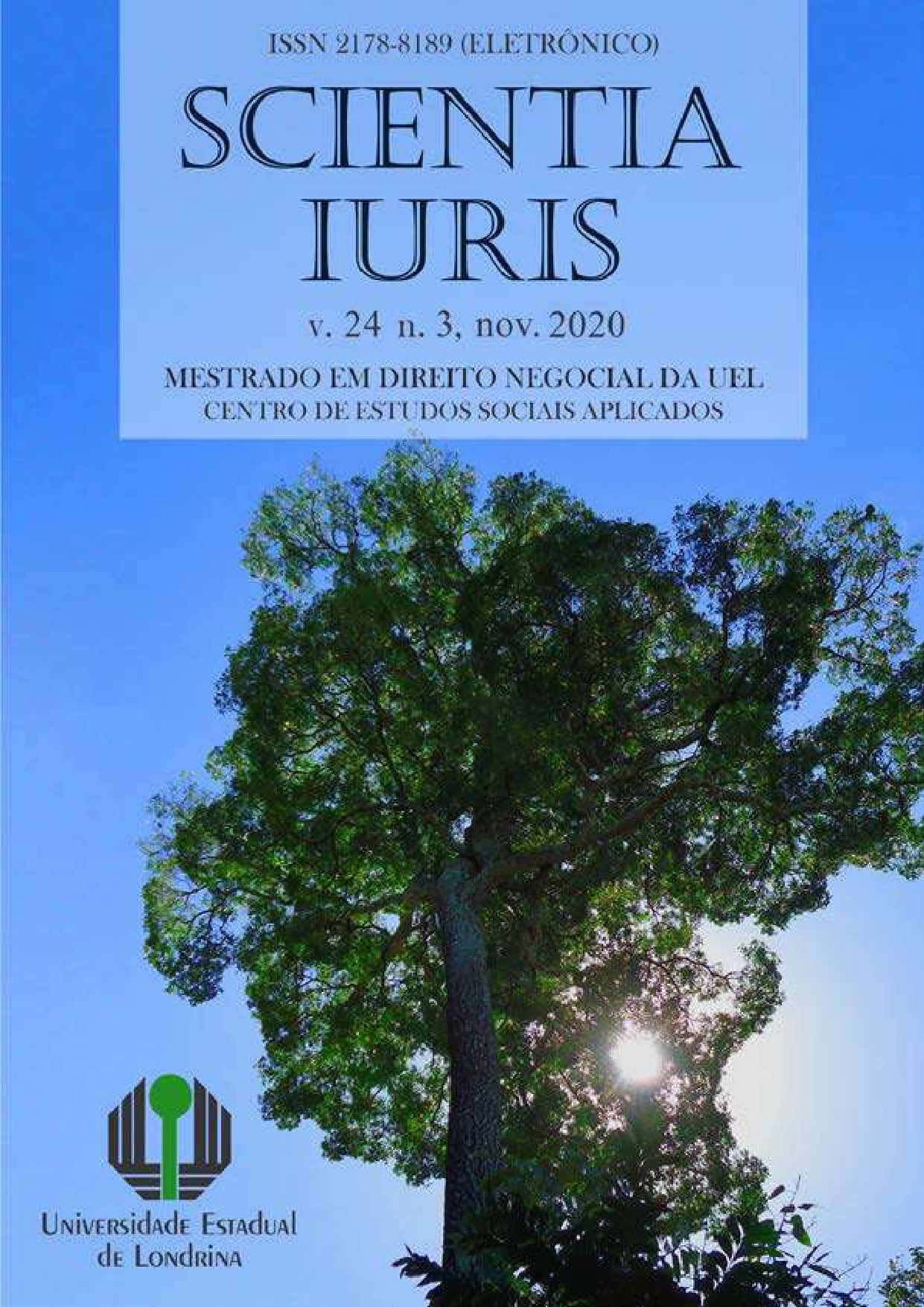Democracy and the judicial branch: a glimpse of legitimacy and the institutionalization of opinion and willingness
DOI:
https://doi.org/10.5433/2178-8189.2020v24n3p50Keywords:
Judicial Branch, Conselho Nacional de Justiça, Jürgen Habermas, democracy, participative management.Abstract
The Brazilian judicial branch is the only branch of government in which the people do not vote for its members. In this regard, it suffers a severe democratic deficit. Moreover, its control system pertains to the institution, namely from a courts internal controls and the Brazilian National Council of Justice, which is an administrative entity with relative autonomy. Furthermore, its current inspection and supervision system suffers obstacles because of current judiciary members. Additionally, it does not have mechanisms for social control and participatory management, which are essential for implementing an institutional democracy. Apart from that, better governance also generates better credibility for its expert system, allowing it to function properly. From a Habermasian democratic perspective, this study investigates the judiciary's management and control system. Finally, it uses the inductive method and the bibliographic methodology to examine management plans and the institutionalization of opinion and willingness within the Judiciary.
Downloads
Downloads
Published
How to Cite
Issue
Section
License
Copyright (c) 2020 Scientia Iuris

This work is licensed under a Creative Commons Attribution 4.0 International License.
The journal reserves the right to modify, in the original text of the submitted article, normative, spelling and grammatical mistakes in order to maintain the cultured standard of language and the credibility of the journal. The journal will respect the authors' writing style. Changes, corrections or suggestions of conceptual order will be sent to the authors, when necessary. In such cases, the articles will be re-examined. The final exams will not be sent to the authors. The published works become the property of the journal, in other words, its total or partial reprinting is subject to the express authorization of the journal. In all subsequent citations, the original source of publication shall be cited and in the case of Photographic Speeches, shall be approved by the original author. The opinions expressed by the authors of the journal's articles are of their sole responsibility.


















